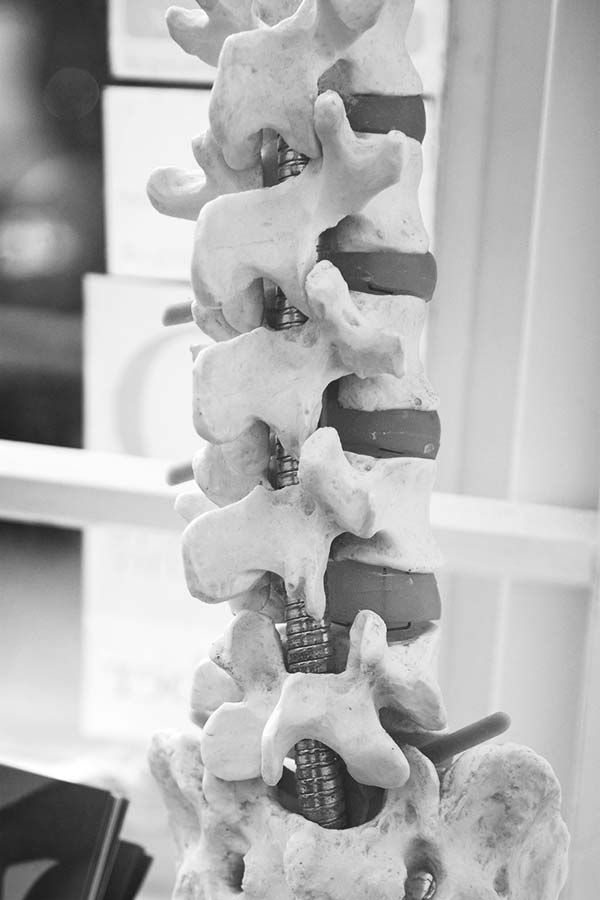Have I Slipped A Disc?
What is a “slipped disc”?
The first thing to say about a slipped disc is that it hasn’t “slipped”! This is a complete misnomer. Discs can’t slip, they are held in place with strong ligaments. However, they can bulge and press against a nerve root in the spine. The worse case, they can rupture!
More often the main problem with discs is that the start to thin and dry out as we get older. As a result, their ability to absorb shock is reduced. The small spinal joints which control our movements are subsequently pushed closer together. This can lead to wear and tear, inflammation and arthritis.
Most people with a “slipped disc” experience pain on one side of the body that starts slowly and gets worse over time. The pain you experience when a disc presses on a nerve is often worse when you put pressure on the nerve. This happens when you cough, sneeze or sit down.
However, some people with a slipped disc do not have any obvious symptoms. This is usually because the part of the disc that bulges out is small or does not press on the nerves or spinal cord.
What is the pain like?
A slipped disc in the lower back can cause:
- back pain during movement
- numbness or a tingling sensation in the back, buttocks, genitals, legs or feet
The sciatic nerve is the longest nerve in the body and is made up of several smaller nerves. It runs from the back of the pelvis, through the buttocks and down the legs to the feet. If a slipped disc is putting pressure on the sciatic nerve, it leads to pain in the leg, hip or buttocks. This is known as Sciatica.
I can assess whether or not your discs are bulging and give you appropriate treatment and advice to stop the condition from getting worse.
For more information and advice in Wilmslow click here

